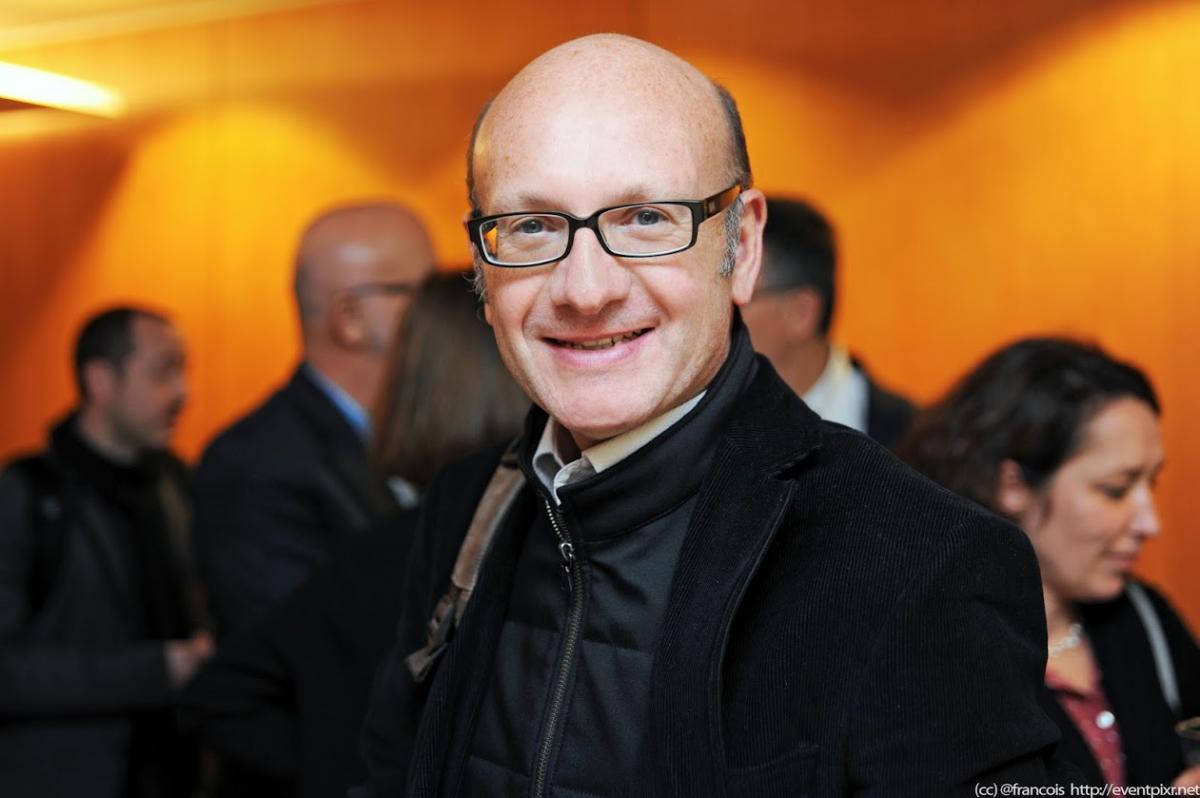By adaptive - February 20th, 2013
The latest in our series of executive insight focuses on the experiences of Yann Gourvennec, Director of Web, Digital and Social Media at Orange Group.

[Q] Why does Orange you use social media?
[Q] How big a role is social media expected to play in your future plans for your business?
[Q] How is social media organised within your company? What organisational models do you use and why?
[Q] As a corporate user of social networks, how does your company value the networks it has a presence on?
[Q] Can you outline a recent initiative that included a social media component?
[Q] How much pressure is there to show ROI with a social media use?
Next Reads
June 2014, New York
Become a social business: For superior marketing response, sharper corporate decision-making, enhanced innovation and a happier, more loyal customer
Brochure Programme